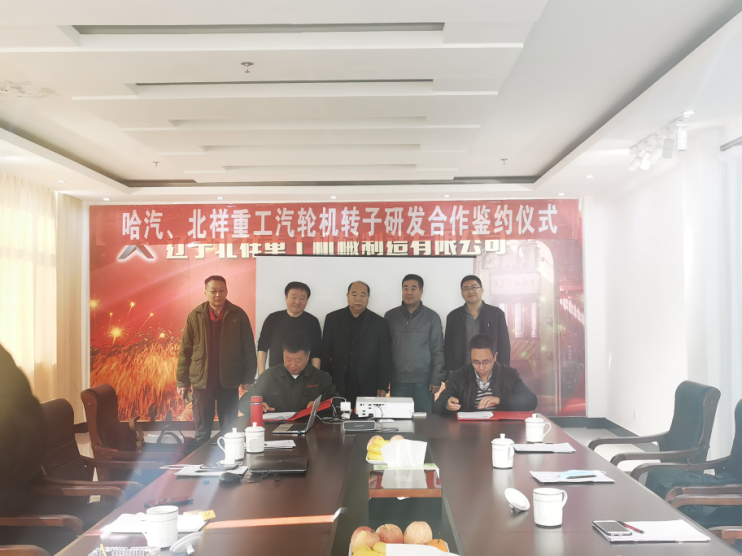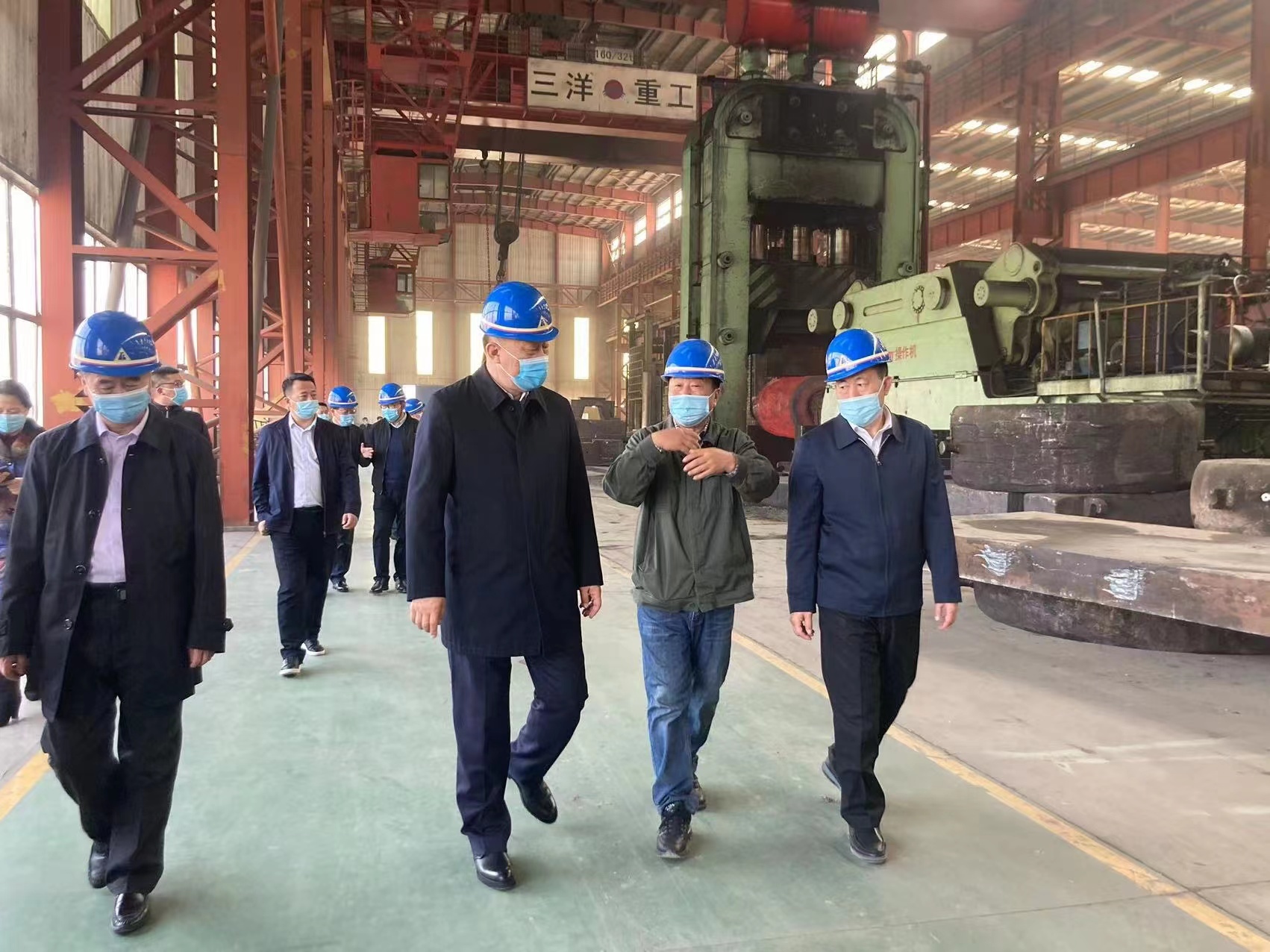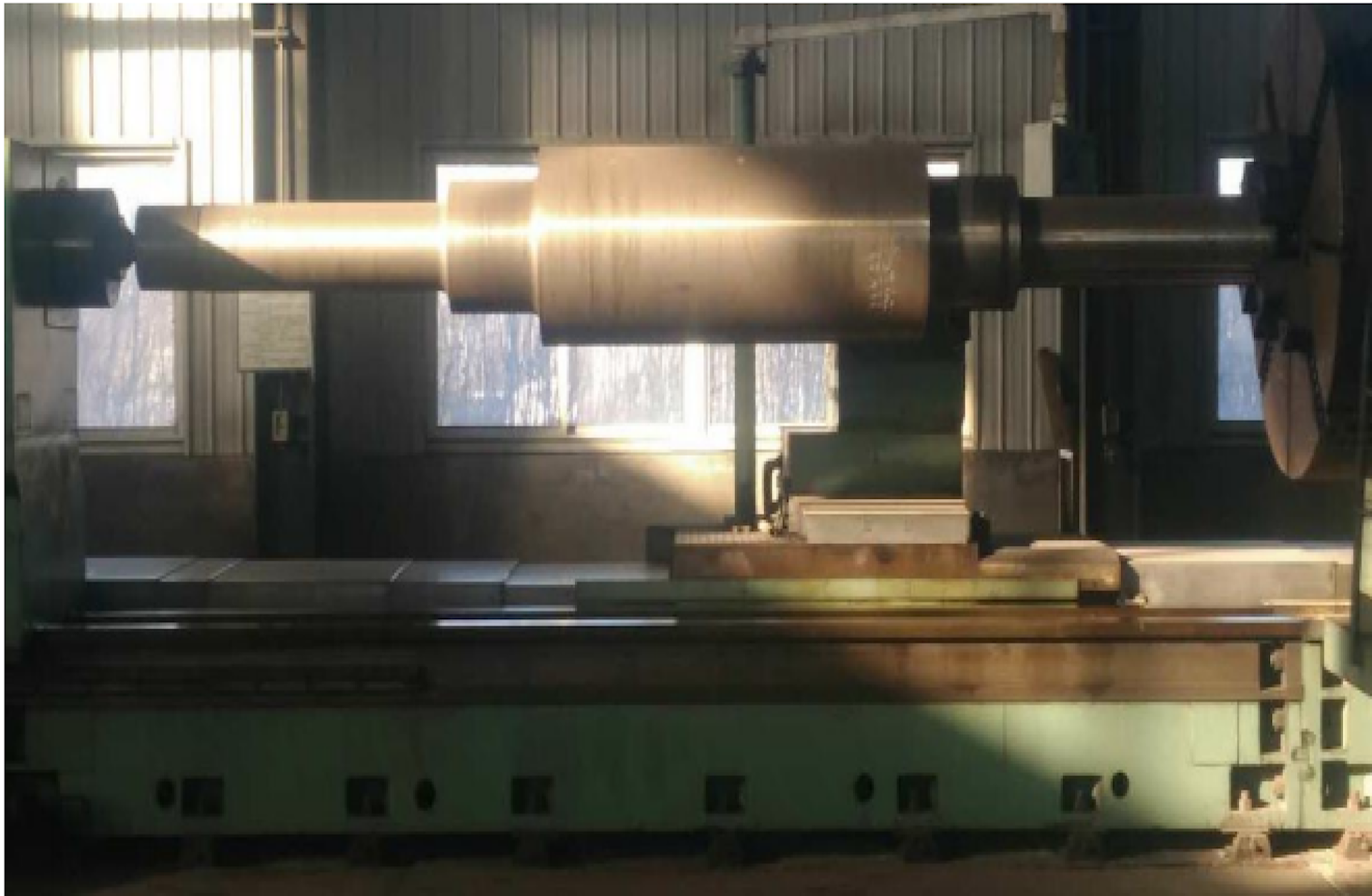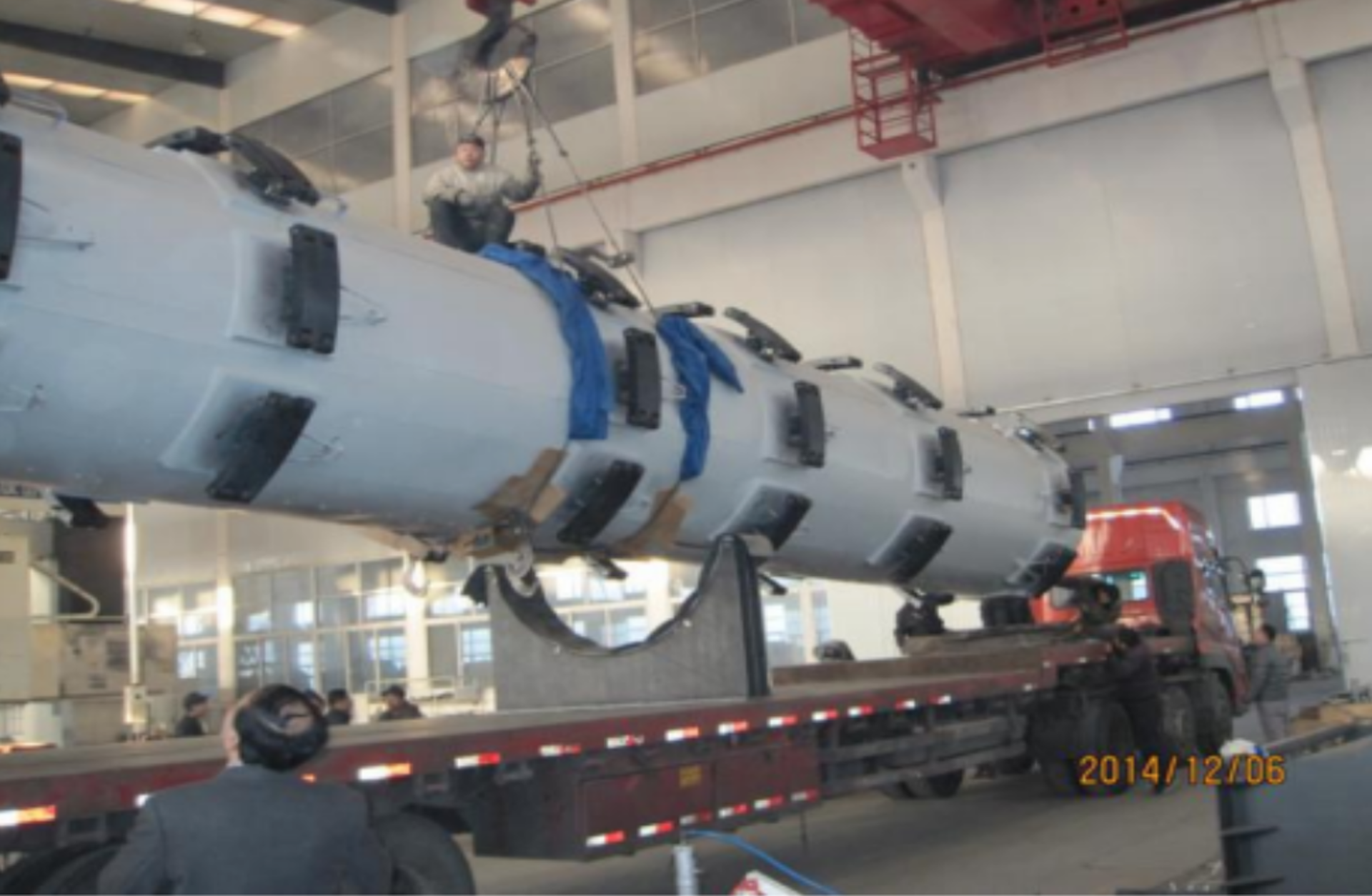On June 15, 2018, Bai Renwei, chairman of Liaoning Beixiang Heavy Industry Machinery Manufacturing Co., Ltd., Chen Wei, general manager, and Zhang Xin, deputy general manager, visited Academician Li Yiyi of the Chinese Academy of Sciences. The two sides started a dialogue on the construction of academician expert workstations. Chairman Bai Renwei visited Academician Li Yiyi (second from right) Li Yiyi, female, native of Suzhou, Jiangsu, member of the Communist Party of China, metallurgical and metal materials scientist, was elected as an academician of the Chinese Academy of Sciences in 1993. In 1999, he was elected as a member of the Third World Academy of Sciences. From 1990 to 1998, he was re-elected as director of the Institute of Metal Research of the Chinese Academy of Sciences for two terms. She has long held the position of China Metal
2018/06/15
Forging is the collective name of forging and stamping. It uses the anvil block, hammer head, punch of forging machinery or through the die to increase the pressure on the blank, and then produces plastic deformation to obtain parts of the required size and shape. In the forging processing, the blank as a whole will be significantly deformed, there will be a lot of plastic flow; in the stamping process, the blank is usually formed by changing the spatial position of the area of each part, and there will be no plastic flow with a large distance inside. Characteristics of Forging Parts 1. Forging can change the metal structure and improve the metal performance. After hot forging of the ingot, the original cast holes, looseness, and microcracks are compacted, and the structure is broken, so that the grains become finer; at the same time, the uneven distribution and segregation of the original carbides are changed, and the organization is uniform., Dense, good performance forgings. 2. Forging is to make the metal plastic flow and make the required workpiece. After the metal material is subjected to the external force plastic flow, the volume will not change, and the metal always flows to the place where the resistance is small. 3. Forging can improve the internal quality of forgings, mainly to improve its mechanical properties (toughness, strength, fatigue strength, plasticity) and reliability. More rigorous and extensive nondestructive testing of forgings. 4. The size of the forging is accurate, which is conducive to the organization of mass production. Die forging, stamping, extrusion and other applications to form a stable die, accurate size.
2023/04/04





![[Focus on the resumption of work to win the war of resistance] Beixiang Heavy Industries to inject "steel power" into the global fight against the epidemic" [Focus on the resumption of work to win the war of resistance] Beixiang Heavy Industries to inject "steel power" into the global fight against the epidemic"](https://omo-oss-image.thefastimg.com/portal-saas/pg2024032916460845713/cms/image/df0b0110-59cb-4382-80e3-f98017dc27aa.jpg)




